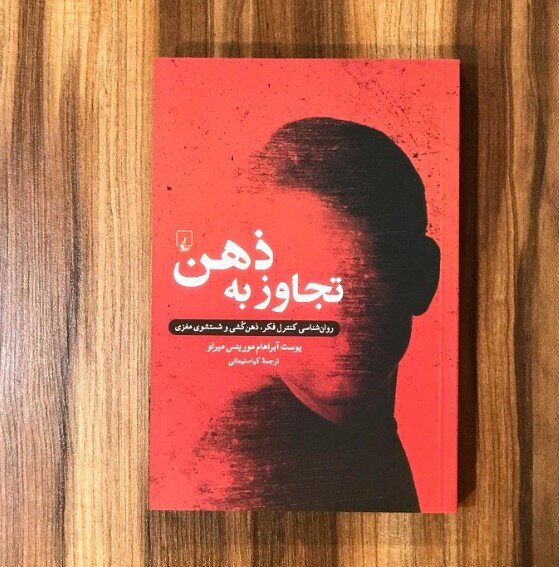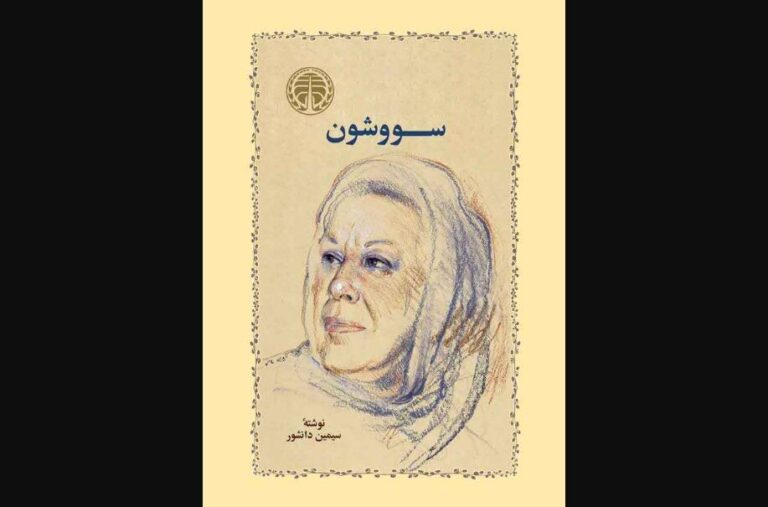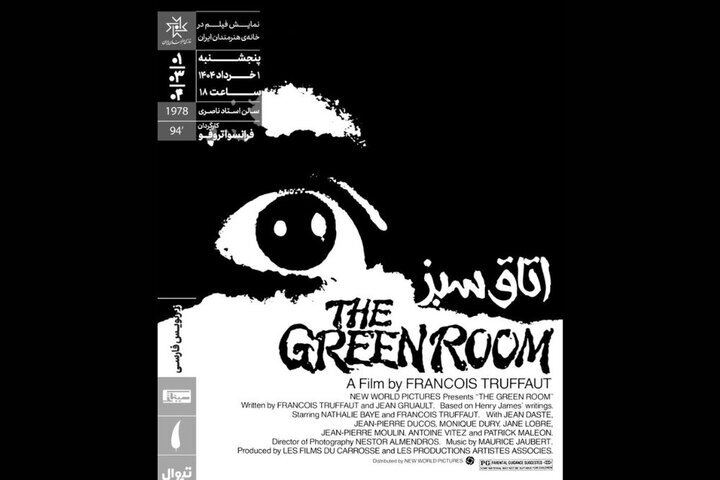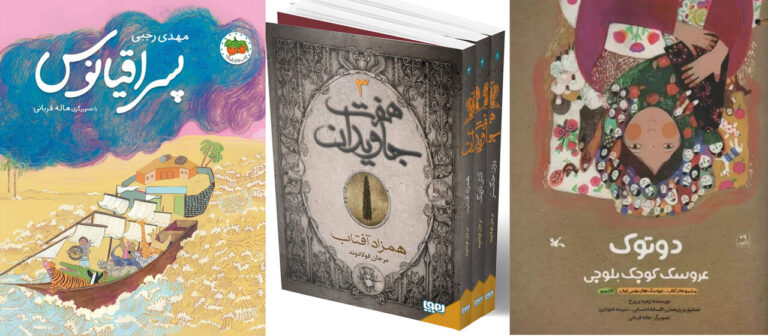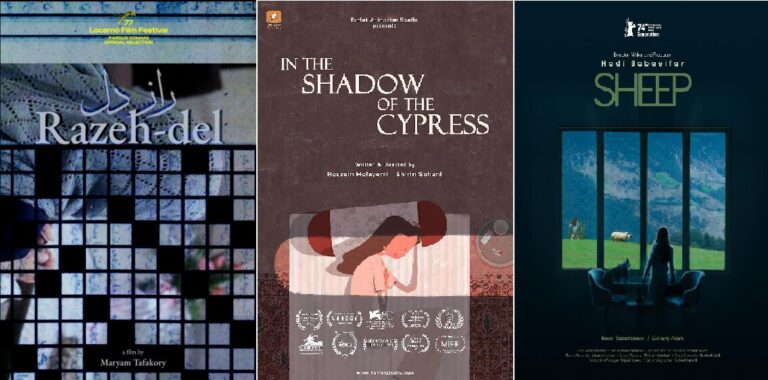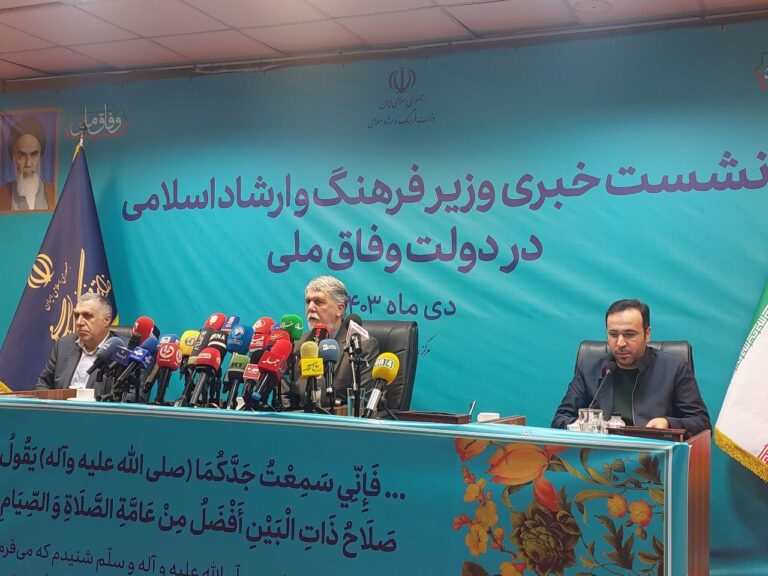Unlocking Minds: Meerloo’s Groundbreaking Book on Mental Pressure Now Available in Persian!
Tehran recently witnessed the publication of a Persian translation of Joost Abraham Maurits Meerloo’s groundbreaking work, “The Rape of the Mind: The Psychology of Thought Control, Menticide, and Brainwashing.” This 1956 classic, now available through Qoqnus Publications, offers profound insights into the complexities of mental coercion and its implications on human psychology.
The book, translated into Persian by Kia Soleimani, delves into the unsettling aspects of how the human mind can be manipulated, transforming individuals into compliant entities. The concept of “rape of the mind” serves as a powerful metaphor for the violation of mental integrity, a theme that resonates throughout the text.
Meerloo’s exploration is not just theoretical; it is a reflection on a historical continuum of mental manipulation that has persisted since ancient times. He discusses how such coercion is woven into the fabric of both cultural contexts and systematic experiments conducted under specific ideological banners.
- Understanding Mental Coercion: Meerloo examines how enforced mental intrusion threatens the freedom of cultural expression.
- Methods of Brainwashing: The book reveals the insidious techniques employed by totalitarian regimes to impose their version of “truth” on individuals.
- Cultural Manifestations: These methods are not confined to military actions but infiltrate our everyday culture, subtly influencing thoughts and beliefs.
In this pivotal work, Meerloo systematically analyzes the relationship between brainwashing and mental torture, emphasizing the strategic importance of mass psychology within totalitarian systems. His critique of what he terms the “new age of cold war” is particularly poignant, as he discusses the pervasive environment of fear that facilitates mass submission.
One of the critical themes addressed in “The Rape of the Mind” is the confusion surrounding loyalty and treason. Meerloo argues that this semantic fog is used to manipulate public perception and control the populace.
This book is essential reading for:
- Psychology Students: Those studying psychology will gain valuable insights into the mechanisms of thought control.
- Cultural Critics: Individuals interested in the interplay between culture and mental freedom will find the discussions enlightening.
- General Readers: Meerloo’s accessible writing makes this complex subject matter understandable for laypeople.
Meerloo’s warnings about mental manipulation serve as an urgent call to action, encouraging readers to cultivate awareness about the forces that seek to dominate their thoughts. He emphasizes the necessity of safeguarding our mental freedom against the encroachments of coercive ideologies.
As we navigate an increasingly complex world, “The Rape of the Mind” remains a relevant guide for recognizing and resisting the subtle yet pervasive forces of mental coercion. Through this translation, Persian-speaking audiences can engage with Meerloo’s critical reflections and fortify their understanding of psychological integrity.
In conclusion, Joost Abraham Maurits Meerloo’s “The Rape of the Mind” is not merely a historical account but a timeless examination of the ongoing struggles for mental autonomy. Its recent translation into Persian opens new avenues for discussion and understanding in a region where such topics are crucially relevant.
As readers delve into this thought-provoking work, they are encouraged to reflect on their own experiences with mental coercion and to remain vigilant against the forces that threaten their cognitive freedom.
With its deep insights and compelling narrative, “The Rape of the Mind” continues to resonate, urging us all to reclaim our mental sovereignty.
